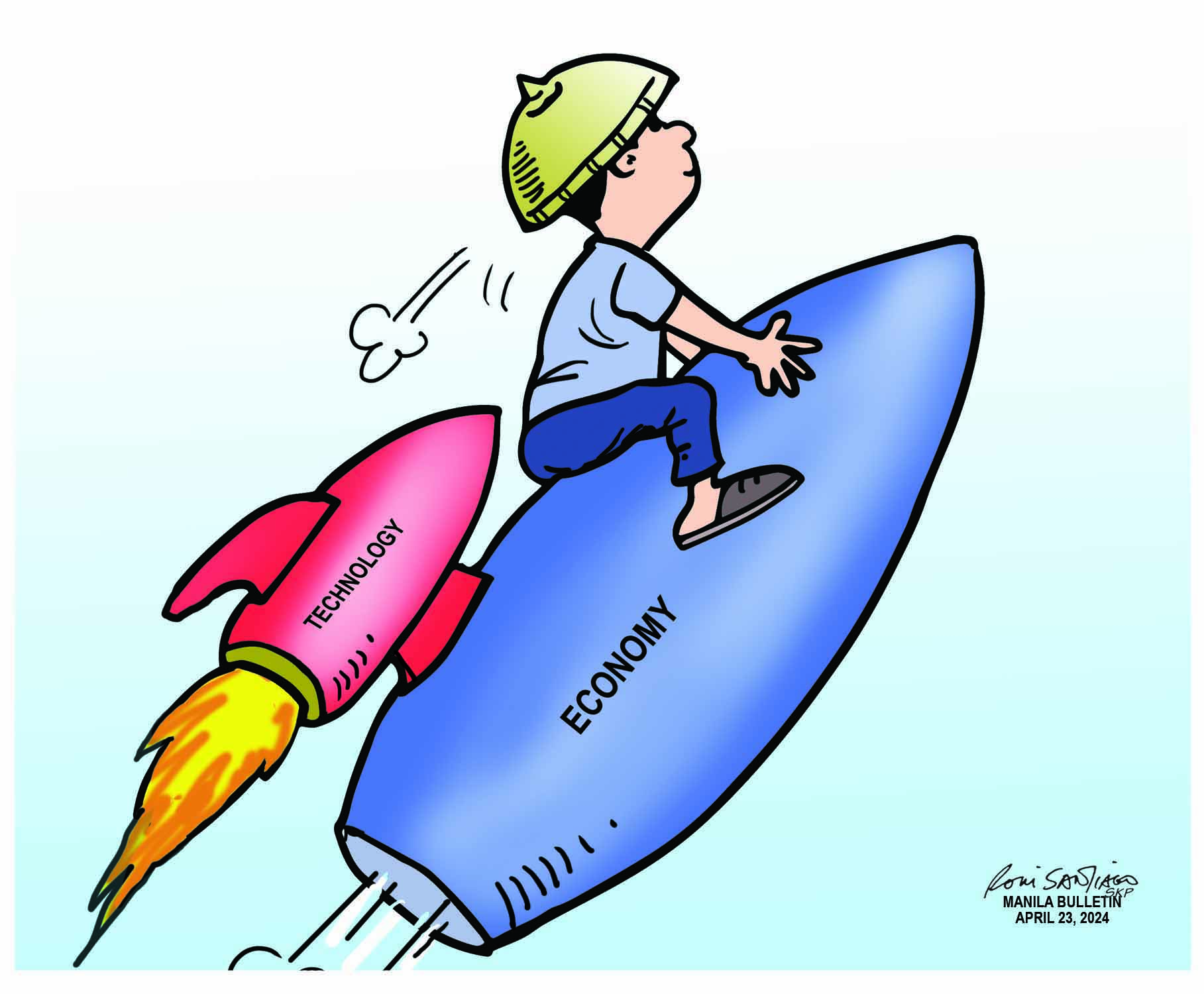
Creating one million digital jobs by 2028 involves more than a statement of aspirations. It requires unified government efforts to harness broad-based support from business and industry and all other vital stakeholders. President Marcos rallied the Private Sector Advisory Council (PSAC) leaders in Malacañang last week behind this drive, eyeing the generation of substantial revenues to fund various public services and infrastructure projects.
Keys to attaining the ambitious goal are large-scale training and capacity building programs targeted at the youth, improving connectivity, and putting in place cybersecurity measures. PSAC leaders underscored the need for the Department of Information and Communications Technology (DICT) to enable critical last-mile telco infrastructure, and boost tower-sharing and fiber builds. Equally important is the provision of ₱608 billion annually to facilitate and speed up internet access through 125,000 public facilities.
To concretize the administration’s determination, the Department of Finance reported over the weekend that the World Bank Group is laying the groundwork for “planning and prioritizing digitalization strategies aimed at improving revenue generation for funding large-scale government programs. World Bank President Ajay Banga emphasized the critical need for a strong digital infrastructure system, including an identity system, a real-time payment structure and a dependable document storage system.
The national ID system enables and broadens citizen availment of essential services real-time. From their homes, places of work, or through conveniently located public facilities, Filipinos can transact with national and local government offices for common transactions such as tax payments, and availment of essential services such as business permits.
Complementing the DOF-World Bank digital transformation program is a similar partnership between the Bureau of Internal Revenue (BIR) and the Asian Development Bank (ADB) through which the latter is providing a $400 million loan to finance the modernization of tax processes. According to Commissioner Romeo Lumagui, Jr., the BIR aspires that by 2028, it shall be a “data-driven organization…utilizing reliable, scalable, and robust digital technologies that elevate taxpayer experience.”
Some projects under the program are, among others, the Online Registration and Update System (ORUS); Project 230X; Online Tax Clearance; Electronic Invoicing/ Receipting and Sales Reporting System (EIS); Enhancement of One-Time Transaction (ONETT) System; and Enhanced Digital Queueing System.
The World Bank program on infrastructure development support is also geared toward promoting initiatives that will enhance the viability of micro, small and medium-scale enterprises that are critical in enhancing the well-being of millions of Filipinos still seeking gainful, full-time employment.
Finally, the hastening of the deployment of digital networks and facilities must also address catch-up efforts in basic education. The more than three-year shutdown period in elementary and high schools has severely affected the development of basic skills in reading, writing, mathematics and science and relegated our young learners to the bottom rungs when compared to their peers in other Asia-Pacific countries.
This learning deficit must be halted and reversed immediately. Government resources must be channeled purposively toward ensuring that our national competitiveness is enhanced.